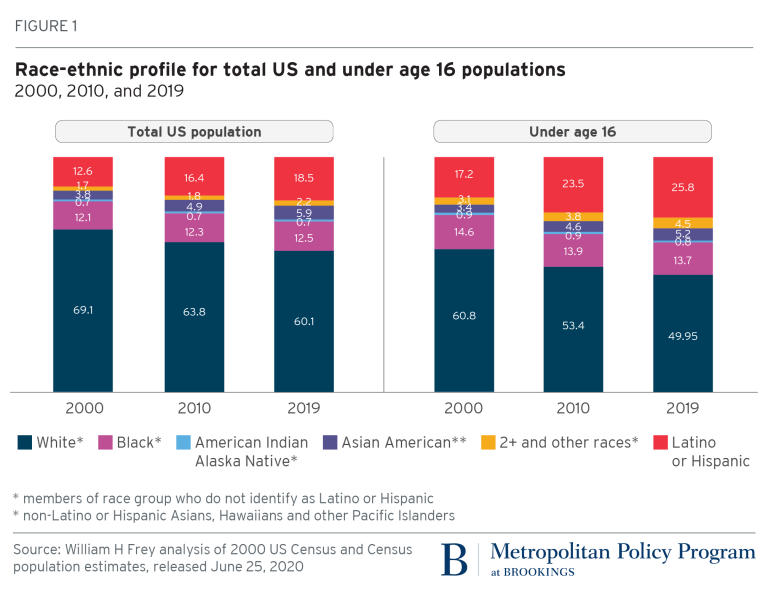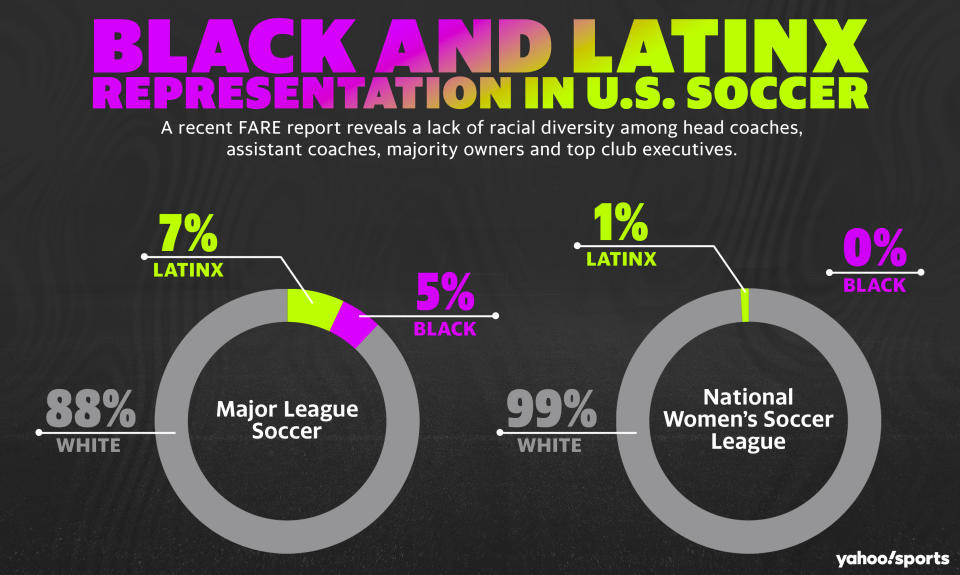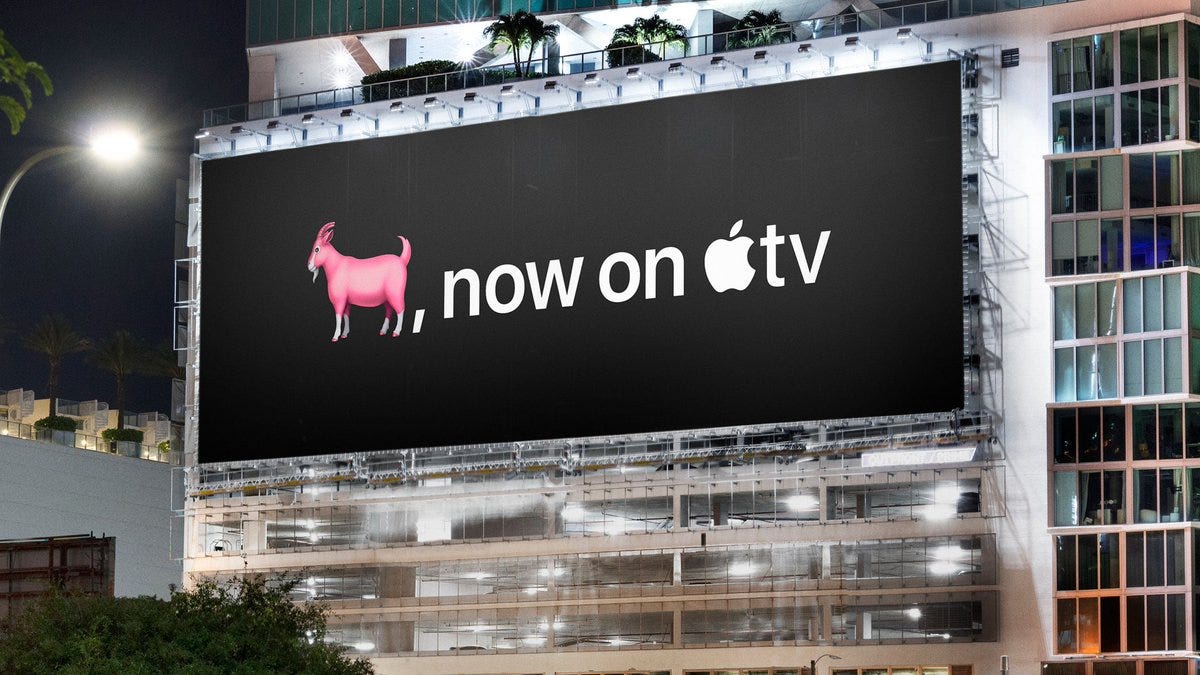It’s officially done. Lionel Messi, World Cup winner and one of the best footballer in the game’s history, will now play in the United States of America. He has joined Inter Miami CF in the Major League Soccer (MLS), the American equivalent of a domestic league.
The unveiling of the star footballer was massive. It garnered views in billions as per Inter Miami’s owner David Beckham (though fans are sceptical about the numbers). Inter Miami’s Instagram fan base increased from a mere 1 million to 11 million at present. Such is the fanfare that fan clubs are already speculating about football being the next big thing in the US. And it turns out Elon Musk wants that to happen too!

But move beyond the fan pages and you’ll notice that the real talk of the town is Messi’s contract with Inter Miami CF. The Athletic reports that the player will earn north of $50 million during the course of his tenure (two and a half seasons with an option to extend for the year). Its not all salary though, some of it is in the form of equity in the club as well. Nevertheless, it’s a pretty decent deal for a 36 year old who is in the fag end of his career.
However, this is not all. It’s the side deals that have made everyone in sports sit straight and take note. Messi is set to get a cut from the official broadcaster of MLS (Apple TV), the official kit sponsor of the league (Adidas), and the official manufacturer of kits (Fanatics). This aspect of Messi’s contract is unprecedented in professional sports history. The only thing that comes remotely close to it is the Nike deal with Jordan. Even that was close in its distinctiveness and not the scale.
Much like the Jordan deal though, it has opened a can of worms. Elite players in other leagues are exploring the possibility of such an unprecedented revenue-sharing model being implemented in their leagues as well. Will it happen though? Why would MLS and the rest agree to such a deal with Messi? What is in it for them? Let’s try to understand all of these questions one by one.
Why the Messi deal?
The first (and perhaps the more important) question here is why would these massive companies share their revenues with a player? Yes, the player is one of the greats of the game but he isn’t exactly in his prime. At 36, Messi has little to offer in terms of sporting prowess. Clearly, there isn’t much scope for sporting glory for the fans of Messi. So, what else? Is it just his popularity and reach? The last time a Latin American player brought this much frenzy to the US was in 1975 when Pele decided to join the New York Cosmos. Though initially successful, it never really materialised into a lasting success. What then gives these companies the confidence to part with their lucrative revenue streams? What is so different this time?
The answer lies in the population. Or rather its composition. The USA is poised for a racial shift in its demography. The percent of white people in the USA is projected to go below the halfway line. They will be ‘replaced’ by Latinos and Hispanics, thus becoming the second biggest ethnic group in the country. Other ethnic groups like Asians are expected to show a decent growth too. Some people have derisively called this phenomenon as the rise of a ‘majority-minority’ America.

This change in the USA’s demographic means great possibilities for football in the country. The Hispanic and Latino community are a football-first community and even with Asians, football enjoys a great following. So an increase in their numbers would naturally mean an increase in the uptake of football in the country. This would add to the country’s existing base of players and enthusiasts which are mostly white. The tl;dr version of this is that a rapidly diversifying USA would lead to more football adoption due to its global acceptability.

Now that we know this, it makes it easier for us to understand why the the league, the team and the companies are betting so much on Messi.
Inter Miami would benefit immensely with his presence because of Miami’s own demography. 70% of its population is of Latino and Hispanic origin. The state of Florida is also home to the largest Argentinian community in the US. It’s a no-brainer for them to give Messi anything and everything.
MLS wants to cement its position as the premier league in the Americas. Currently, they’re competing with the leagues of Mexico, Brazil and the likes for eyeballs in the region. Messi’s presence would ensure a pole position in the continent for MLS, thus ensuring a constant supply of talent and monetising opportunities across continents.
Adidas and Fanatics want to cash in on the demographic change. The former is leveraging its existing partnership with Messi for clawing back market share in the USA. It has fallen down to the third position behind Nike and new-comer Under Armour. They hope that Messi’s arrival would bode well for them in the US market, which amounted to roughly 53 billion U.S. dollars in the year 2020. The latter is an online retailer for licensed sports merchandise and is currently the market leader in the USA. They want to piggyback on Messi’s global reach for overseas expansion.
Apple TV is the newest OTT service in the market. They are entering the market with no licensed contents. To compensate for that, they’re focusing on original contents and live sports. They’ve already acquired sachets of Major League Baseball and are in talks with other sport leagues. Last year, they acquired the worldwide streaming rights of MLS for 10 years at a price of $2.5 billion. For them, this is a big bet. So it makes sense for them to agree to a revenue sharing model with Messi if that leads to more subscribers. The hope is to add one more avenue for consumers to be a part of Apple’s extensive ecosystem.

Apple TV’s billboard to welcome Messi. Source: Twitter
What does it mean for other 🐐s?
Not much actually. GOATs in other sports, hoping to replicate the same contract deal for themselves are in for a disappointment. Why? Because Messi’s contract could become possible due to a trifecta of factors coming together. It required a league and a team struggling for recognition, a ‘start-up’ distributor and a sports and apparel company desperate enough to fight back in the most lucrative sports-wear market in the world. The last one is not that hard though, to be honest. I mean Jordan got his deal only because of Nike’s desperation to crack the basketball demography. But the other two, they’re damn tough to find. Leagues like NBA, NFL are in no way struggling to make ends meet. MLB? Maybe… but it doesn’t have the reach of football. What about a collective bargain? Sportspersons come together and say we demand a share in revenue. People come to watch the players and there’s no league without them. Sure, that’s a valid argument to make. But there’s enough headroom in this argument for League Presidents to bring it a standstill. After all, not every player is equal. A Steph Curry or a LeBron will attract more eyeballs than anyone else? So should they get a more share? How would you even measure who brings more eyeballs in the first place and so on and so on…
Clearly, Messi’s contract is one of a kind. Other greats of different games would want to replicate it for themselves but I don’t think anyone of them have that kind of leverage. I don’t think even any footballer would be able to recreate Messi’s contract for that matter. There are just too many moving parts involved. So, to everyone else out there looking for the same kind of deal, just hope that your sport catches the interest of a Sheikh looking to disrupt the industry. Until then, you can watch “America’s Number 10” rake in the riches.
Around the World in 5 links
If your week went by in a daze, here are the 5 big stories from around the world to keep you updated.
Climate catastrophe is here: After North India, floods and landslides rock Western India.
Literal culture wars: Sweden and Iraq relations are embroiled in a raging controversy.
Let them eat cake: Kenyans are out on the streets as living costs rise through the roof.
Danger-danger: Thailand has had a tumultuous few months.
Baller: Women’s FIFA World Cup is in full swing. You can catch it live on good-old DD Sports.
The Compass
Pointing you to the best of culture on the internet.
Must read: The horror story of poisoned cough syrups.
Food: Your favourite Italian food isn’t really Italian.
That’s it for this week folks! Hope you enjoyed this edition. What do you think of the whole Messi contract situation? Drop your thoughts in the comment section below and I’ll see you there.




